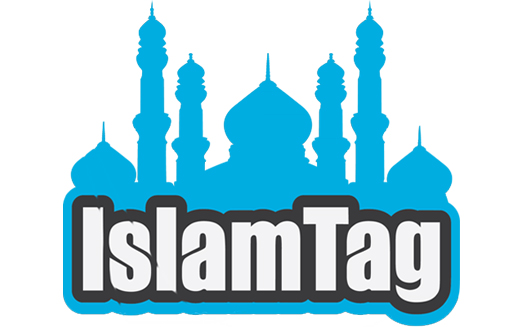How a grad student is tackling the Yemeni market with a wildly unfocused Islamic Google+ clone


Launching a new social network in the age of Facebook is
difficult. But entrepreneurs seem to be having an easier time of
it, in a market that you might not expect: Yemen.
Entrepreneurs are racing to take advantage of the nascent, quickly
growing digital market, where internet penetration jumped from 1.8% in
2010 to 14.9% in 2012.
We already witnessed
the birth of SocialPalz,
a Facebook copycat that hopes to become Yemen’s leading social
network. With 15,000 registered users, 6,000 of whom are active,
and a total of 500 posts per day, SocialPalz- despite its almost
laughable parody of Facebook- has already seen some
success.
Now, another young Yemeni entrepreneur living in
Malaysia wants to build the first Arabic social network for
Muslims, IslamTag (whose
name means "the crown of Islam").
Nader Yahya Alkeinay first came up with the idea
for an Islam-focused social network because he felt the need to
“correct the image of Islam in the eyes of foreign
communities.”
“We decided to build a social network, because we realized they
play a big role in spreading news and messages and we wanted to use
this,” he explains.
While SocialPalz could be called the Facebook of Yemen, IslamTag
could be called the Islam-focused Google+ of Yemen; it's interface
is mostly cloned from Google+, especially its left-hand navigation.
Yet IslamTag makes Google+'s journey to discover its userbase and
optimal feature set look like a drop in the bucket when it comes to
adding functions.
In short, IslamTag looks like it's trying to do everything, not all
of which is related to Islam. The endless list of ingredients
include:
-
A marketplace where users can display or buy products.A quiz section, where users can ask questions and receive the answers from others.
-
A VIP section that users automatically become part of once they have 20 points. “Volunteer admins monitor the VIP category and decide who becomes VIP,” explains Yayha.
-
A Pinterest like function that allows users to pin posts and share them.
-
An educational search engine, that aggregates and lists universities from the region, allowing users to add new institutes as well.
-
A section to build games and apps, which works just like the Facebook apps.
-
A shortcut to international radio and another one to Youtube.
-
A recipes section where users can add their favorite recipes (which has only two recipes so far).
-
A travel destinations blog where users posts pictures, advices and notes about interesting places they have been to.
- A forum where users can have discussions around specific topics most of the time launched by the founder.
This may beg the question of whether the social network is truly focused on Islam or whether it's simply aiming for maximum appeal at any cost. However, Yehya insists that this is the goal.
A fledgling success?
Yehya says he wants to become the leading Muslim
social network for Arabs. However, that might be difficult given
the number of Islamic social networks. Although none have actually become popular enough to compete
with Facebook, the most popular non-political networks have
[managed to build up quite a following]. Some of the most popular
include Umamland, which is designed to abide by all
Islamic laws, Salamworld a global social network based
on Islamic idea of collaboration, MuslimGroups
which is a clone of Facebook when it comes to the design and
functionalities but only targets Muslims, and Salamlife,
which features an Islamic lifestyle.
However, despite being wildly unfocused and having a host of global competitors, IslamTag is still gaining popularity in Yemen. It has registered a total of 40,000 reigstered users, of which 25,000 are active, with 150 new registors joining and 6,000 unique visitors joining daily.
The reason for its fledgling success might simply be
that the Yemeni market is so young and underserved that users will
take what they can get. Another is perhaps that Yehya has built in
some gamification elements to keep users engaged, even if the
platform itself is unfocused. Users can win 5 points each time they
comment, post, and interact with their friends. After getting to 20
points, the user becomes verified, which allows him to use the blog
section and get more space to upload photos.
Taking the initiative offline
Despite the myriad functionalities on the site,
however, Yahya remains dedicated to his primary goal: educating
participants about Islam. Success for him seems to be more defined
by this agenda rather than his number of users; aside from a vague
plan to monetize the gamification element, allowing users to buy
more points, he has no revenue model. He built the platform using
open source code and he works with a team of volunteers who are
also students.
To take it further, he now plans to register IslamTag as an NGO in
both Malaysia and Yemen, to launch offline trainings in order to
raise awareness in universities and schools about Islam,
encouraging attendees to change their lifestyle
positively and develop social skills.
He may be trying to do too much, but without a desire to make revenue, what would constrain him? And what is the cost? He'll only find out if SocialPalz takes his market share or another competitor comes along to eat his lunch.


